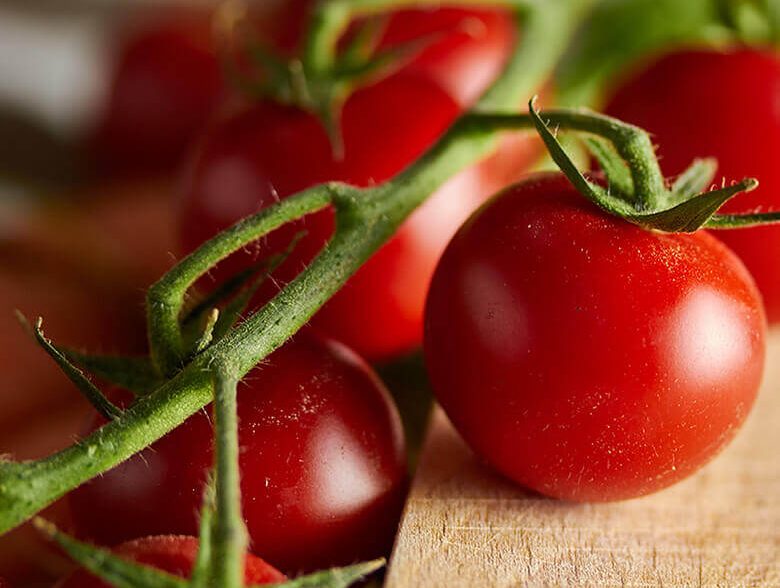Whether you’re a long–standing vegetarian, or you’re simply trying to include a little more colour into your diet – you might be wondering what some of the benefits of eating vegetables are. From their incredible nutritional value to the cancer-fighting phytonutrients they contain, vegetables are an absolute powerhouse of nutrition – so they definitely shouldn’t be avoided!
So whether you need a little more convincing to get your 5-a-day, or you’re simply looking to improve your health, we’ll have you reaching for the broccoli in no time.
Vegetables are Full of Nutrients
It comes as no surprise that vegetables are one of the most nutritious food groups you can eat. Filled with a huge variety of vitamins and minerals, such as vitamin A, C and E, they are one of the best ways to keep yourself healthy and fighting fit.
In order to ensure you’re getting as many vitamins as possible, it’s important to make sure you’re consuming a wide variety of vegetables in every colour, as the vitamins found in green leafy vegetables will differ from those in other types of vegetables, such as sweet potatoes or carrots.
They’re Loaded with Fibre
If you’re looking to maintain a healthy gut, improve your digestion and help prevent constipation, then vegetables should be at the very top of your shopping list.
Full of dietary fibre, vegetables not only help to keep things moving smoothly, but a high-fibre diet can also help to reduce the risk of bowel cancer, heart disease, stroke and type 2 diabetes.
It is recommended for adults to consume 30g of fibre a day, which is equivalent to:
- 10 small potatoes
- 1kg carrots
- 1kg beetroot
- 1kg broccoli
Whilst it’s quite unlikely that you’ll tuck into a kilogram of carrots every day, simply adding a few portions of vegetables to each meal alongside other high-fibre foods such as oats, legumes, nuts and seeds will have you well on your way to hitting your daily fibre goal.
Vegetables are So Versatile
One of the best things about vegetables is their versatility. Whether you add grated courgette to your morning oats for extra bulk, enjoy a nutrient-rich buddha bowl for lunch, or whip up a delicious vegetable risotto for dinner – there’s no limit as to when or how vegetables can be eaten!

If you’re looking to include more vegetables into your diet but find a simple salad a little uninspiring, don’t worry! There are several ways to increase your intake of veg, including:
- Swap out rice for cauliflower rice
- Replace pasta for butternut squash noodles or courgetti
- Slice up carrots, peppers and cucumber with your favourite dip
- Add some extra veggies, such as spinach or beetroot to your morning smoothie
- Enjoy a baked sweet potato stuffed with your favourite fillings
- Add veg such as sweet potato, beetroot, carrots and courgette to your bakes
They Contain Cancer-Fighting Phytonutrients
It’s not just the vitamins and minerals that make vegetables such nutritional powerhouses – they also contain a huge number of phytonutrients. Phytonutrients are powerful antioxidants which support with preventing cellular damage within the body, helping to protect against a number of diseases. Some of the most common phytonutrients include:
- Carotenoids (found in orange, yellow and red vegetables)
- Ellagic acid (more commonly found in berries)
- Resveratrol (dark chocolate is a surprising source!)
- Flavonoids (you’ll find this in kale)
- Phytoestrogens (broccoli is your hero here)
- Glucosinolates (you can find this in cruciferous vegetables like broccoli)
These phytonutrients can help to potentially lower the risk of type 2 diabetes, stroke, heart disease and some cancers, as well as reducing inflammation – which is why it’s so important to maintain a healthy, balanced diet filled with a huge range of fruits and vegetables.
They’re Delicious!
Aside from the health benefits of vegetables, another huge advantage is that they taste so good! From the crunch of a radish to the powerful, sweet flavour of beetroot – vegetables will add a variety of flavours and textures to any dish.

